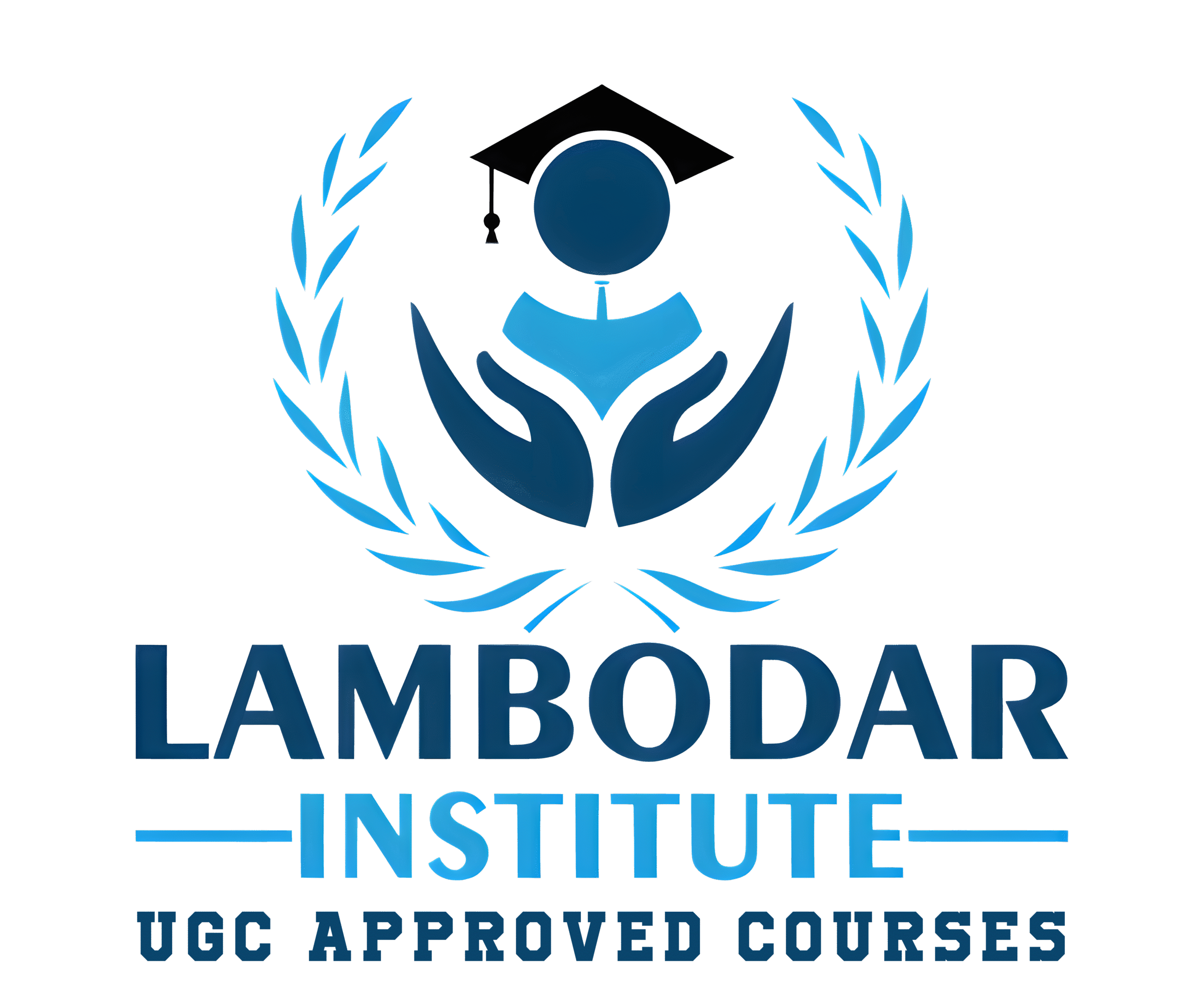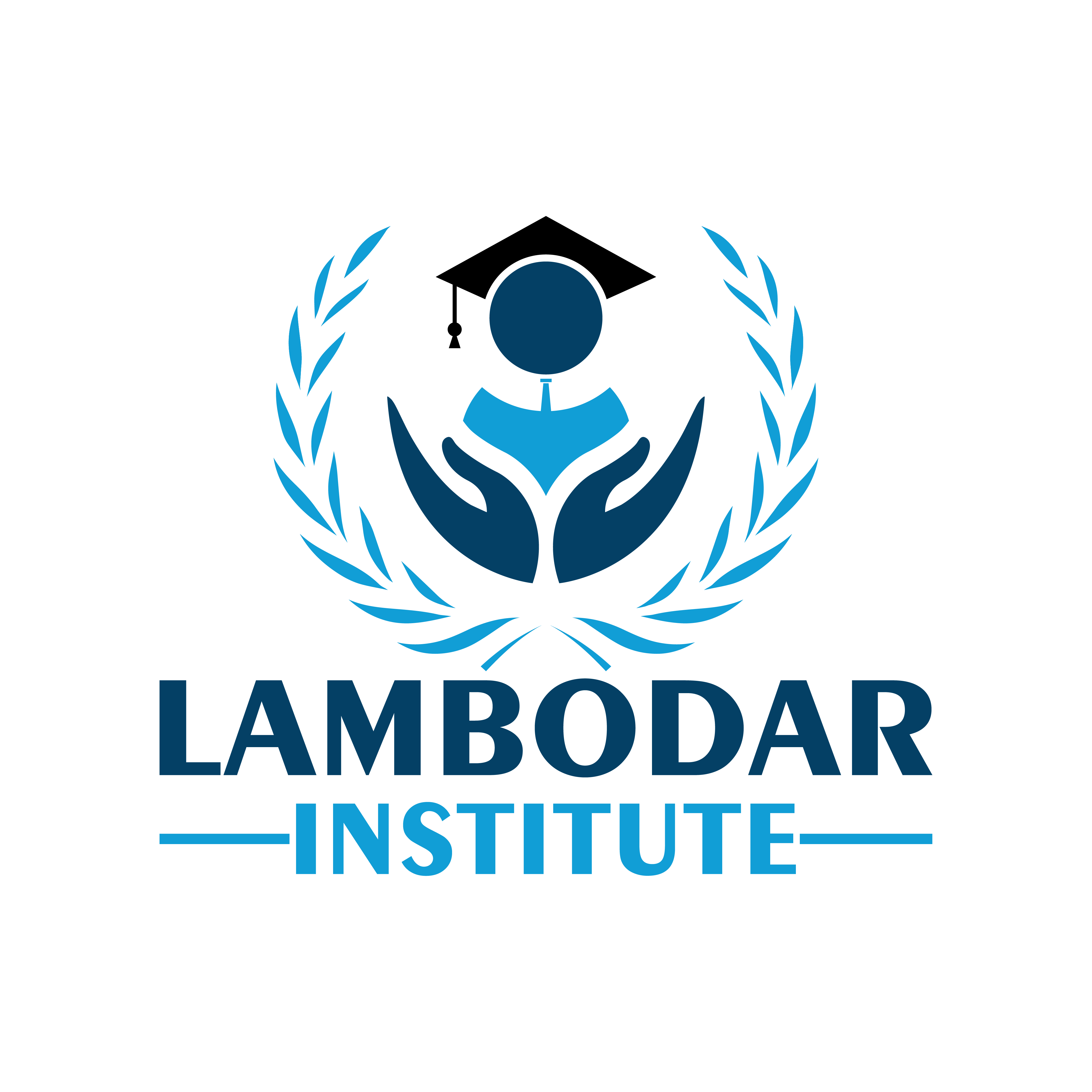The Diploma in Community Health and Nutrition offered by Lambodar Institute is a specialized program designed to prepare students for careers in public health, community health services, and nutrition management. This one-year diploma equips students with the skills and knowledge to promote health and well-being in communities through effective nutrition strategies, health education, and disease prevention. The course focuses on the link between nutrition and public health, emphasizing the role of diet in preventing and managing diseases.
At Lambodar Institute, we are committed to providing practical, hands-on training that complements theoretical learning. Our curriculum is designed to address the pressing health challenges faced by communities, particularly in rural and underserved areas. Graduates of this program are prepared to work in community health organizations, NGOs, government health initiatives, or pursue further studies in the field of public health and nutrition.
Course Content
1. Introduction to Community Health:
This module provides a foundation in public health, focusing on the role of community health workers in promoting health and preventing disease. Topics include basic healthcare services, sanitation, and the importance of hygiene in public health.
2. Fundamentals of Nutrition:
Students learn the basics of human nutrition, including macronutrients and micronutrients, their role in maintaining health, and how dietary choices impact overall well-being. This module also covers the principles of balanced diets and nutritional needs at different life stages.
3. Maternal and Child Health Nutrition:
This section focuses on the nutritional needs of pregnant women, infants, and children. It covers topics such as breastfeeding, complementary feeding, and nutrition interventions to prevent malnutrition in children.
4. Community Health Education and Communication:
Students are trained in health education strategies and communication skills. This module teaches them how to conduct awareness campaigns, educate communities about healthy practices, and develop community outreach programs.
5. Disease Prevention and Control:
This module covers the relationship between nutrition and the prevention of non-communicable diseases such as diabetes, hypertension, and heart disease. Students also learn about common infectious diseases and their impact on community health.
6. Nutrition Program Planning and Management:
Students are introduced to the planning and management of nutrition programs at the community level. This includes conducting nutritional assessments, designing interventions, and monitoring the success of public health programs.
7. Food Safety and Hygiene:
This module emphasizes the importance of food safety and hygiene practices in preventing foodborne diseases. Topics include safe food handling, storage, and preparation techniques.
8. Internship and Fieldwork:
Students gain practical experience through internships and fieldwork, working directly with communities to implement health and nutrition programs. This hands-on training is essential for understanding the real-world challenges of community health work.
Graduates of the Diploma in Community Health and Nutrition from Lambodar Institute are well-prepared to make meaningful contributions to public health and nutrition initiatives, improving the health and quality of life of communities.




